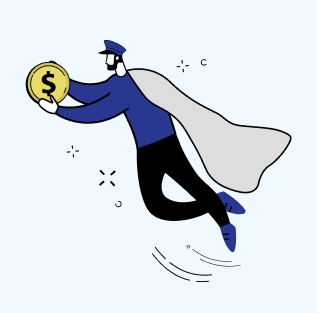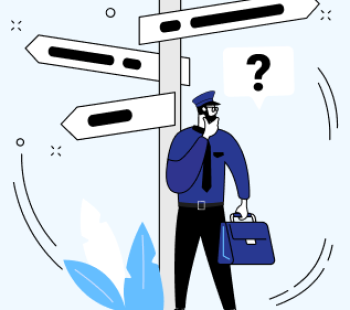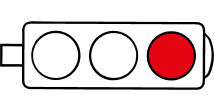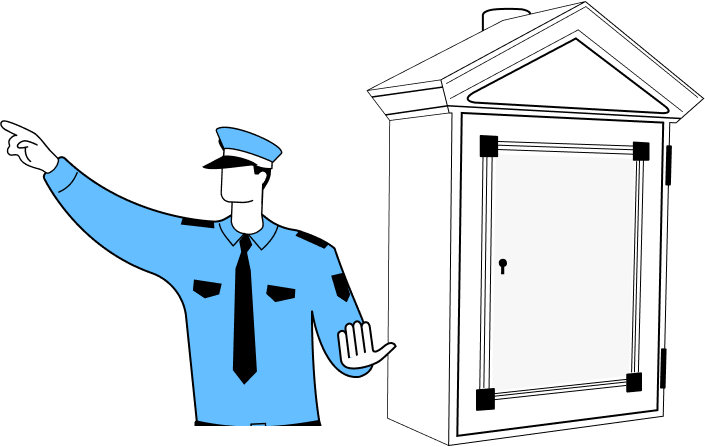The Guiltless Wonder
On the pages of a comic book and on screen in the movies, super heroes often have the power to do extraordinary things.
Super heroes come in all different shapes and sizes and they employ a varying degree of different specialties. Those that are immortalized in print and film tend to be able to save or change the world with their abilities and, generally speaking, we, as mere mortals, are unable to learn how to do what they do or even fully comprehend their greatness.
I happen to be more interested in the super heroes among us who have faced fears and conquered obstacles and, in the process, have become experts in mastering the challenges of everyday life. These super heroes are otherwise completely ordinary, except that they have developed powerful skills that help them effectively stare down the same fears and obstacles that deter and derail others.
The Guiltless Wonder is an example of one such super hero. He has effectively eliminated guilt from his life and his thought processes and, as a consequence, lives with a clear conscience and a powerful ability to assess situations and events for what they really are. His judgment is never clouded by second guesses and, because his mind is clear of guilt, he enjoys every new day for what it is and gets the most out of it.
You may ask how the Guiltless Wonder has achieved such an admirable skill. I asked him that very question and he was very happy to share his process and very confident that anyone who follows his process cam learn to do what he does and eliminate guilt from their life.
The Guiltless Wonder told me that he employs a three step process as part of every decision he makes.
- He pays attention to his instincts.
- He sets out to be understood rather than liked.
- He carefully deliberates before he finalizes his decision and takes action.
The success that the Guiltless Wonder has had in eliminating guilt is especially remarkable given the destructive nature of this formidable foe. As you may know all too well, guilt can be one of the biggest detractors you will face in your attempt to make good decisions on a consistent basis. When guilt is present, it can dampen your joy, subtract from your peace of mind, and rob you of the confidence that is essential as you move forward through life.
At its core, guilt is something that you feel when you regret an action or an event that has already taken place and cannot be changed. By the time you experience guilt, there is rarely anything that you can do about what has already occurred. Guilt is a harmful additive that is likely to have clouded your thoughts and created unnecessary anxiety for you at some point, if not on a regular basis.
A feeling of guilt can also compound whatever negative emotions you have about a prior event or decision by influencing decisions you try to make going forward. Now, instead of the event being an isolated case that is addressed and dealt with, guilt pervades other thoughts and actions and may project onto other people and situations that otherwise have nothing to do with the original event that gave rise to the guilt to begin with. This is the definition of taking a bad situation and making it much worse.
So, let’s take a cue from the Guiltless Wonder and minimize the damage your feelings of guilt have already caused you by setting a course that will effectively block it from ever having undue influence over you again.
The first step that the Guiltless Wonder takes to steer clear of guilt is to be in tune with his instincts. He incorporated this idea into his decision making early on when one of his elementary school teachers instructed him not to change his answer on a test he was taking. His teacher cited some source or data that indicated that your first answer is usually the right answer. The Guiltless Wonder interpreted this suggestion as another way of saying that he should pay attention to his instincts and his instinctual answer is often the first one that comes to his mind.
While he always reserves the right to change his mind if new or more detailed information comes to light, he now knows that his first response is typically the one that is most natural and the one he arrives at before he may start to over think anything. If he has a natural or “gut” feeling for a direction that he may want to take or a decision that he needs to make, he takes a positive step toward avoiding guilt because he is following the course of action that came to him naturally and instinctively. There is no need to second-guess his actions if he simply is true to his instincts.
This is not to suggest that he simply gives way to his primal drive when it comes time to make a decision. His moral compass and his own will power also play a vital role.
The Guiltless Wonder never worries unnecessarily about what someone may think about him or the action that he takes. He realized long ago that whether he was liked or people liked what decisions he made was a highly subjective thing. If he based the validity of his decisions on what other people thought, he would face a constantly moving target and probably set himself up to always feel guilty.
Instead, and to the extent that other people can influence his desired outcomes, he determined that it would be far more worthwhile to focus on being understood. If his actions are understood, he stands a far better chance of avoiding a guilty feeling after having made a decision.
Developing an understanding of a situation, a circumstance, or a decision also helps him to clarify motives and reasoning. Even if someone doesn’t agree with him, they will not be left to wonder why he ultimately did what he did. An understanding builds some common ground and, if that exists amongst people, there is much less room for guilt to develop.
The Guiltless Wonder develops an understanding with others simply by being able to articulate his thought process and explain what factors he considered and didn’t consider. In order to do this effectively, he always takes care to carefully consider his options and the ramifications of his decisions prior to making them. Careful and considerate deliberation is yet another way for him to avoid feelings of guilt after the fact.
If he has done his homework up front and he is comfortable with the process that he went through to arrive at his decision, there just isn’t much of an opportunity for guilt to develop. Once he has the confidence that he has taken all of the steps necessary to make a good and informed decision, there is no reason to worry about the course he has taken.
If there is an art to his decision-making it is that he makes choices with all of the passion and personalization that he can summon without letting his personal tie to the situation at hand cloud his judgment or dilute his conviction.
By being alert to and acting in concert with his instincts, setting out to be understood rather than liked, and employing careful deliberation when considering his options, the Guiltless Wonder has accomplished an extraordinary feat. He lives peacefully and guilt free and you can too if you follow his example.
Scott Arney
Chief Executive Officer
Chicago Patrolmen’s Federal Credit Union






